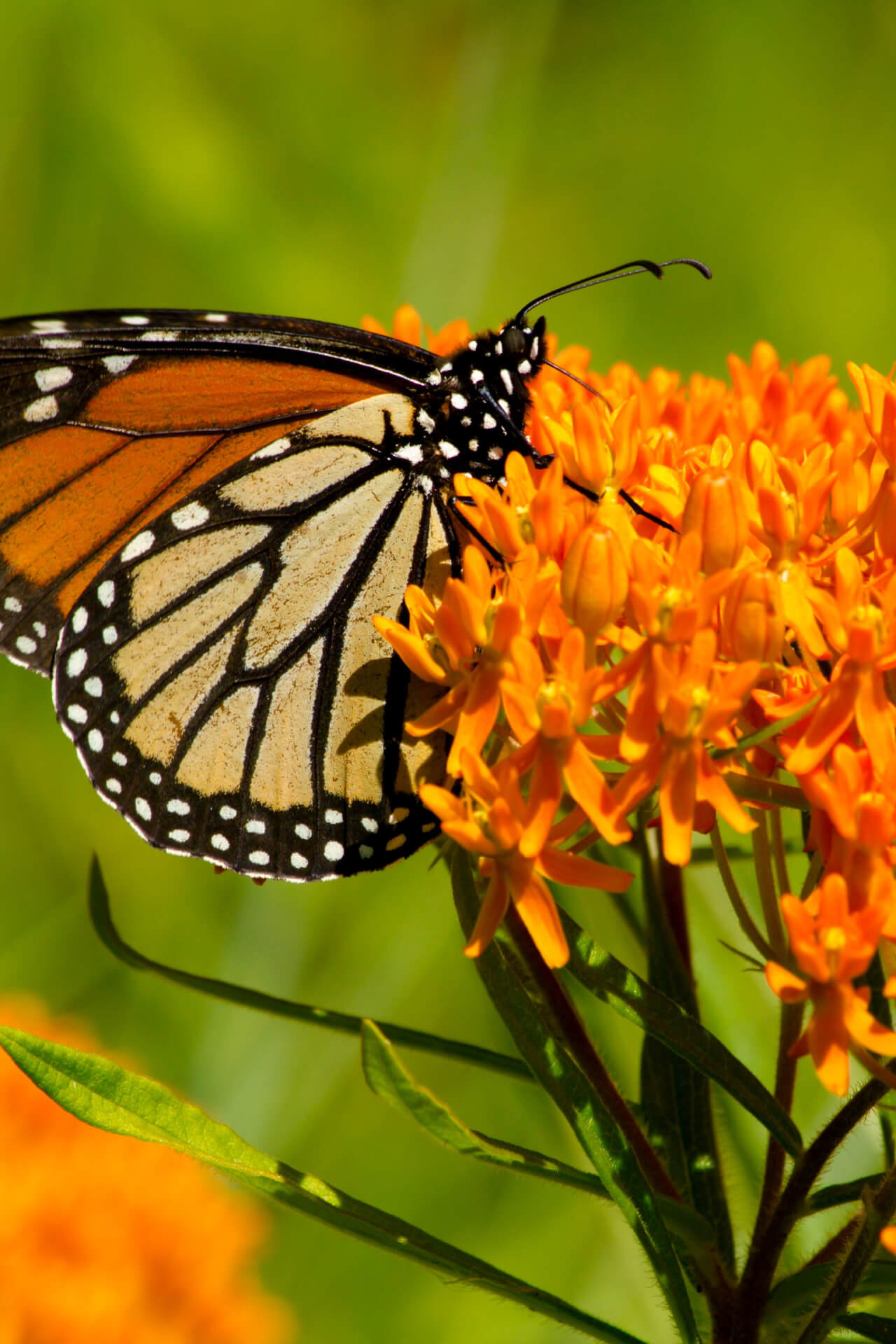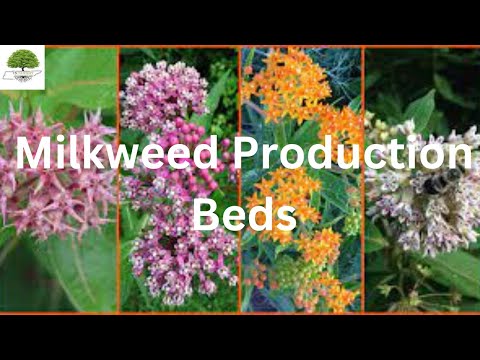Butterfly Weed For Sale
This plant is a perennial type of milkweed, attracts many butterflies and pollinators. It's the #1 perennial used in pollinator gardens and our best-selling plant at TN Nursery. The Asclepias Tuberosa (Latin) is superior to most other plants due to its attractive winged beauty and resilient nature with low maintenance care.
Why Butterfly Weed Plants Attract Monarchs
With nectar-rich blooms of deep orange, this plant is drought-tolerant and native to the southeastern United States. The perennials grow natively in some areas in dry sandy soils and are a Monarch's favorite, rich, nectar-filled plant from which to feast.
Butterfly Weed - The #1 Staple in Pollinator Gardens
This vibrant perennial was used in sanctuaries and gardens for over half a century, but it is almost extinct. Perennial gardens are very popular with homeowners. Native plant varieties are hardy, pest- and disease-resistant, making them very popular.
Asclepias Tuberosa is Pest and Disease-Resistant
Looking for plants that live for decades, reseed themselves, and never have to be taken up for harsh winter weather? Opt for native plants and perennials.
TN Nursery has a massive selection of over 345 native plants in stock and is ready to ship to your door. We are a family-owned and operated nursery located in the heart of the nursery capital near McMinnville, Tennessee. Order Your Butterfly Weed Today.
Exposure
Butterfly Weed thrives in full sun, requiring at least 6 hours of direct sunlight daily. This bright exposure ensures robust growth and vibrant flowers. While it can tolerate some partial shade, optimal blooming occurs with consistent, total sun exposure.
Height at Maturity
Over 12"
Usage
Pollinator Plant
Shipped As
Bare-root
Ships
USPS
Planting Zones
3-9




